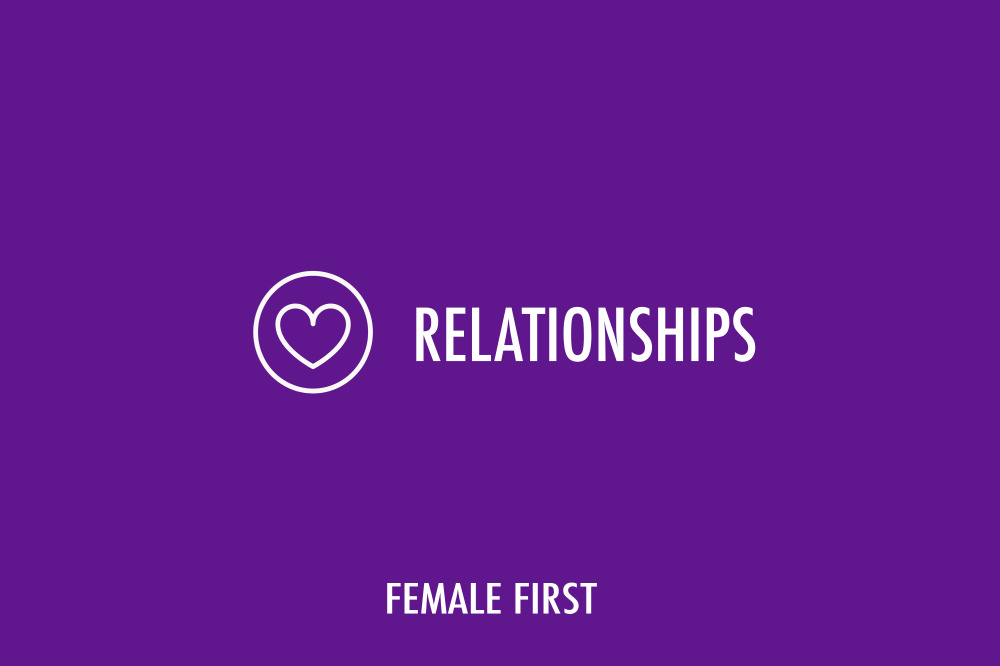Matrimonial Consultant and Family Lawyer Sheela Mackintosh-Stewart explores some of the reasons why an Asian approach to marriage can lead to longer and happier relationships.

Relationships on Female First
In the West, choosing your spouse is the most personal life choice you can make based principally on romantic love. Getting married is seen as the ultimate expression of your love and commitment to each other, with the sound of wedding bells signalling the start of a future with your soul mate. In fact, for many, achieving personal happiness is centred on their spouse showering them with love and affection until the end of their days.
However, with 42 per cent of marriages in the UK ending in divorce, the reality of living ‘happy ever after’ is often shattered. Today we live in an age characterised by a throw away culture which has extended to our relationships as well. Many disenchanted with dashed expectations of marital happiness choose to dispose of their ‘imperfect’ marriages in search their ‘perfect’ relationship elsewhere - often without much determination to make their marriage work.
This is not a global trend, though. Statistically marriages among Asian couples have a higher chance of standing the test of time. India for example has a divorce rate of less than 1 per cent making it the lowest in the world.
So, can British couples learn a thing or two from Asian marriages?
The Asian outlook on marriage
Traditionally Asian culture takes a far more pragmatic and collectivistic approach to marriage, detached from the image of riding ‘happily ever after into the sunset’, often depicted in western movies. Instead, Asian couples appreciate that all relationships require effort, compromise and some conflict resolution.
In fact, rather that following their heart, many Asian couples enter marriages through match-making efforts by friends and relatives who choose suitable spouses for them. These arrangements are made for practical reasons based on economic and social considerations, along with the potential to strengthen two families through the union of specially selected individuals. The importance of love and romance are often a secondary consideration, but can be a gradual outcome of the union.
External support networks
In Asian cultures there is a far greater consideration for the broader family dynamics and the interaction between all generations. Asian couples are more communal and make decisions based around the wider family and all generations. In contrast to their British counterparts, they often don’t start married life fully expecting their spouse to be their intimate confidant or advisor. Instead, they recognise that the marriage is more than just about the two of them, but a union of two families.
This can have a positive influence on marital relationships as Asian couples can be more determined for the marriage not to fail, with more than just their personal romantic relationship at stake. Having a strong network around a couple to offer advice and support, both physically and emotionally, and to assist with child-rearing are important factors in helping to alleviate everyday family pressures. For example, women can seek emotional help and support from other family members and men also turn to their relations for advice. In many instances the extended family act as mediators and offer marriage guidance, helping newlyweds to find their own path to a happy marriage.
It is this determination to succeed in the marriage they have, rather than chasing a picture-perfect marriage, along with the support of the wider family network that lies at the heart of their more successful marriages.
The taboo of co-habiting
Typically, Asian couples will not live together, or cohabit, before they get married. Whilst this may seem old fashioned and undesirable in modern society, there are advantages as it can prevent couples from getting ‘trapped’ in unsatisfactory relationships.
For example, I have come across many couples rushing to move in together and making long-term commitments. Before they realise it, their lives have become so intertwined and co-dependent that they drift into a marriage without enough thought because it seems like the next logical step. This, however, can often result in divorce.
The stigma of divorce
Whilst divorce is widely accepted within British culture, it is still regarded as a taboo in Asian cultures.
Often separation isn’t an option for women in India due to their financial dependability on their husbands, lack of access to legal resources and familial pressures. Remarriage also remains more difficult for women due to the prejudices against a divorcee, meaning they often stay in loveless marriages out of necessity. To an extent, this trend does contribute to low divorce rates across Asian countries.
Nevertheless, this collectivistic approach in Asian cultures towards marriage clearly indicates that divorce is not just a matter of ‘shame’ for the individuals but is also reflected on the whole family. Therefore, many couples will choose to remain married to appease their families for the sake of appearances, but actually lead separate lives.
In fact, nearly three times as many couples are separated rather than divorced in India today. This popular trend is growing as it allows individuals to live their own lives, avoid dealing with the issues of a troubled marriage, whilst escaping the dishonour of divorce.
In Western cultures there is a far greater focus on individual pursuit of romantic love when it comes to marriage. This can often result in unrealistic expectations of one’s spouse; for example, of them being the sole provider of all your wants, needs, happiness and love, creating an exceedingly high bar for marital success. There are undoubtedly valuable lessons that can be learnt from the Asian approach to marriage. In my view, developing marital resilience is one vital lesson. Another involves placing less emphasis on fevered romantic love aspects at the start of marriage and overcoming the illusion that ‘all you need is love’. Instead, mindfully growing the shared collective romantic love and pointing to a truly successful marriage after years of togetherness is essential.

Sheela Mackintosh-Stewart, Matrimonial Consultant and Family Lawyer, is on a mission to promote successful relationships, prevent marriage breakdowns in society and to help everyone to become relationship-smarter.
tagged in relationships
